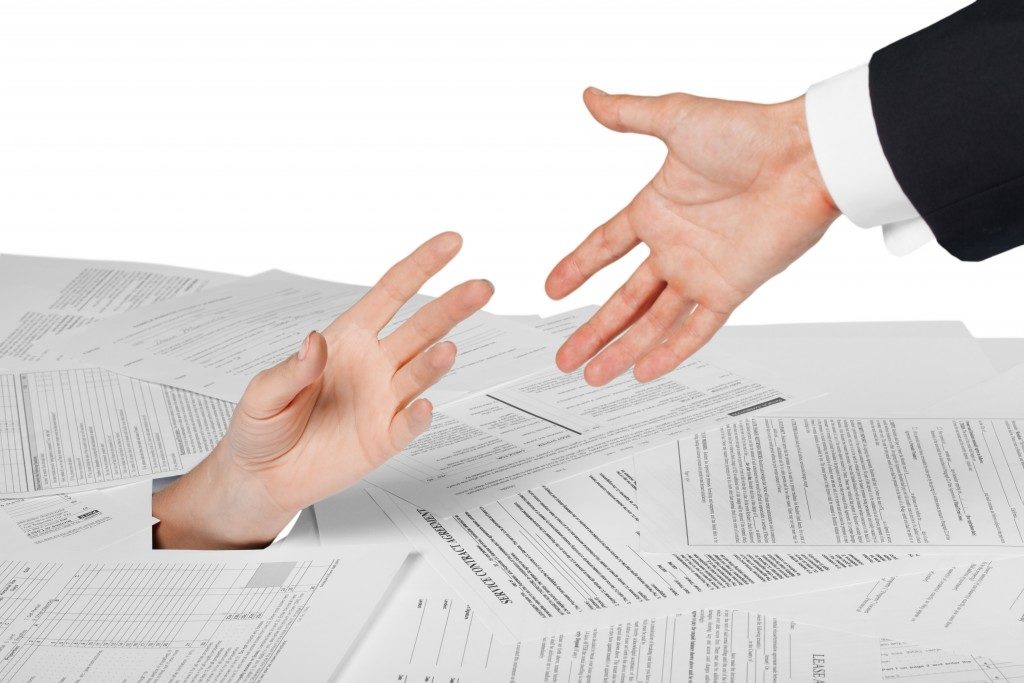Death and taxes are the only two things that are certain in life. Despite some people’s deep-seated aversion to paying taxes, it is best that you pay it properly since the money helps fund government operations. It follows that while paying taxes is both a civic duty and a legal requirement for anyone with a regular source of income.
The government goes to great lengths including crafting a captive insurance law to help lower your tax burden and drive up tax compliance levels. Such measures aim at helping people shun the practice of tax evasion.
High tax regimes
The United States tax scale is progressive and ranges from 10% to 37%, depending on your income level. Naturally, you will pay more in taxes if your income falls on the higher end of the scale. In the corporate scene, the income tax comes in at about 25.7% of your revenue.
The thought of spending more than a third of your hard-earned money often drives people to find creative ways to cheat on their taxes. Some of the common ways to under-report income includes not declaring self-employment or income from overseas and moving monies between accounts. In other instances, people falsify charity donations, declare too many dependents, or claim many work expenses and deductions.
While these tactics might serve you well in the short-term, you’re only courting trouble in the long term. The internal revenue often wises up to these tricks by spotting the discrepancies between your bank deposits and declared taxes. When that happens, you are liable for massive fines and stiff penalties.
The full brunt of the law

Among other duties, the Internal Revenue Service (IRS) is in-charge with increasing the amount of taxes collected by the government. As such, it goes to great lengths to enforcing tax compliance among the citizens and business entities. To help along, the government has passed laws that make hiding taxable income from the IRS a criminal offense.
If found guilty, you can walk away with a slap on the wrist, such as catching up on your backdated taxes or cool your heels by spending some time behind bars. The severity of the punishment is dependent on the nature and the extent of your tax evasion measures. For instance, you can get off easy if you’re found guilty of not declaring an asset such as an overseas bank account.
However, the IRS is less than forgiving if you engaged in actions that would count as criminal tax evasion. In such instances, the punishment is severe, and the penalties are quite stiff. For instance, you might have to keep current on the tax owed then face an additional fine of up to 75% of the amount owed in back taxes. In extreme cases, the government will seize your property and send you to jail for a year or more.
As much as it pains you to part with a large portion of your hard-earned money as taxes, you shouldn’t tempt fate by evading taxes. You can take advantage of the legal provision in the tax codes that help you lower your tax burden. Some of the most credible measures include forming a captive insurance company.
